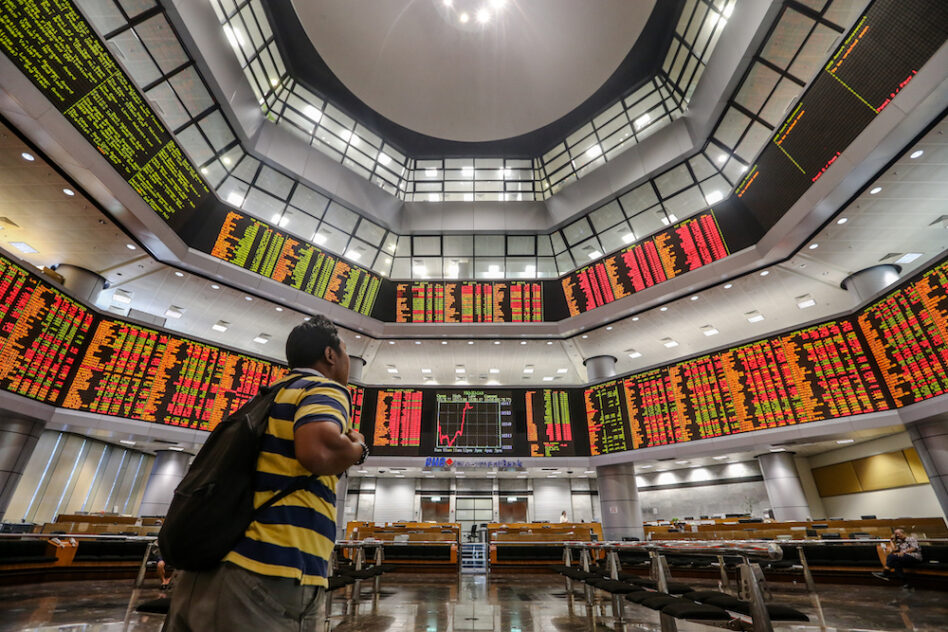By Sharina Ahmad
WITH the property market facing challenging times, the new government needs to quickly put in place policies and measures to stimulate the sector.
For now, many are waiting anxiously to see who will be the minister taking over the portfolio and what will be the direction of the ministry.
Raine & Horne International Zaki + Partners Sdn Bhd associate director James Tan says for now the sentiment in the property market will be “wait and see”.
“There are still lots of unsold units. The holding cost is high. An average size apartment will cost the developer anything between RM4,000 and RM6,000 per year (in holding cost) but less for landed property.
“In terms of reforms of the new policy, I expect them to formulate pro-growth, relaxing foreign ownership to help get rid of the overhang,” he tells FocusM.
According to Tan, the adjustments of the real property gains tax (RPGT) does not leave a major impact on the market as well as lowering of the threshold for foreign buyers of property.
Based on observation, Tan claims that not many took up the rent-to-own (RTO) scheme, which was introduced under Budget 2020. The scheme is aimed at assisting those who are unable to pay a 10% deposit and to secure home purchase financing.
This scheme commences this year for properties priced up to RM500,000.
This is where property seekers can rent for five years, with the option to buy at the price stated in the rental agreement. Stamp duty is also waived for this scheme.
In the meantime, REI International Holdings Sdn Bhd CEO Daniele Gambero believes the government needs to concentrate on economic re-launch to build stronger public confidence and address the negative perception.
“Stimulus packages are urgently needed by most segments of our economy. With that, we will be able to see a positive return of market sentiment and ultimately the property market,” he tells FocusM.
Among the initiatives he hopes to see are:
1) Release loans to SMEs: “We have more than 900,000 SMEs in Malaysia and they are the spine of the economy and are facing cash flow issues.”
2) A softer approach to the non-performing loan (NPL) for housing and businesses by all banks. “It would be good if BNM will announce a softer approach for those borrowers and businesses having cash flow issues. A good solution could be a renegotiation of the monthly repayment or a three- to six-month grace period to let borrowers recover from decreased business or loss of job.”
3 In property, immediate action for what has been announced in Budget 2020, and eventually a more specific study of which other measures might be helpful to re-launch the industry.
4) An emergency fund made available by BNM, to overcome tight cash flow of corporations. “Let’s be practical … if any of the ‘Malaysian giants’ falls, the risk of a domino effect is real and, at that point, the government will face an almost unmanageable emergency situation where the public and private sectors and, above all, the rakyat will need to be supported. Prevention is always better than cure.”
Gambero adds that there is an urgent need to assess the main challenges facing businesses and address them one by one.
“The new government should look into property-related measures and adapt them to this new situation.”
Property outlook
This year will be another tough year for the property market, Gambero says.
“My ‘positive outlook’ spyglass needs to come to the end of this year or beginning of the next one to see some sort of improvement. Still, let’s always remember that bad economic times are good investment times for prepared investors in both the stock market and property,” he says.
Raine & Horne International’s Tan says with the slowdown in the economy, demand for property will decline.
However, the recent reduction in the base lending rate will help cushion the market further as the repayment amount will drop.
“This lowering of interest rates will impact retirees as many depend on interest income to survive. Nevertheless, the (property) overhang is likely to take a while to resolve,” he adds. – March 2, 2020









